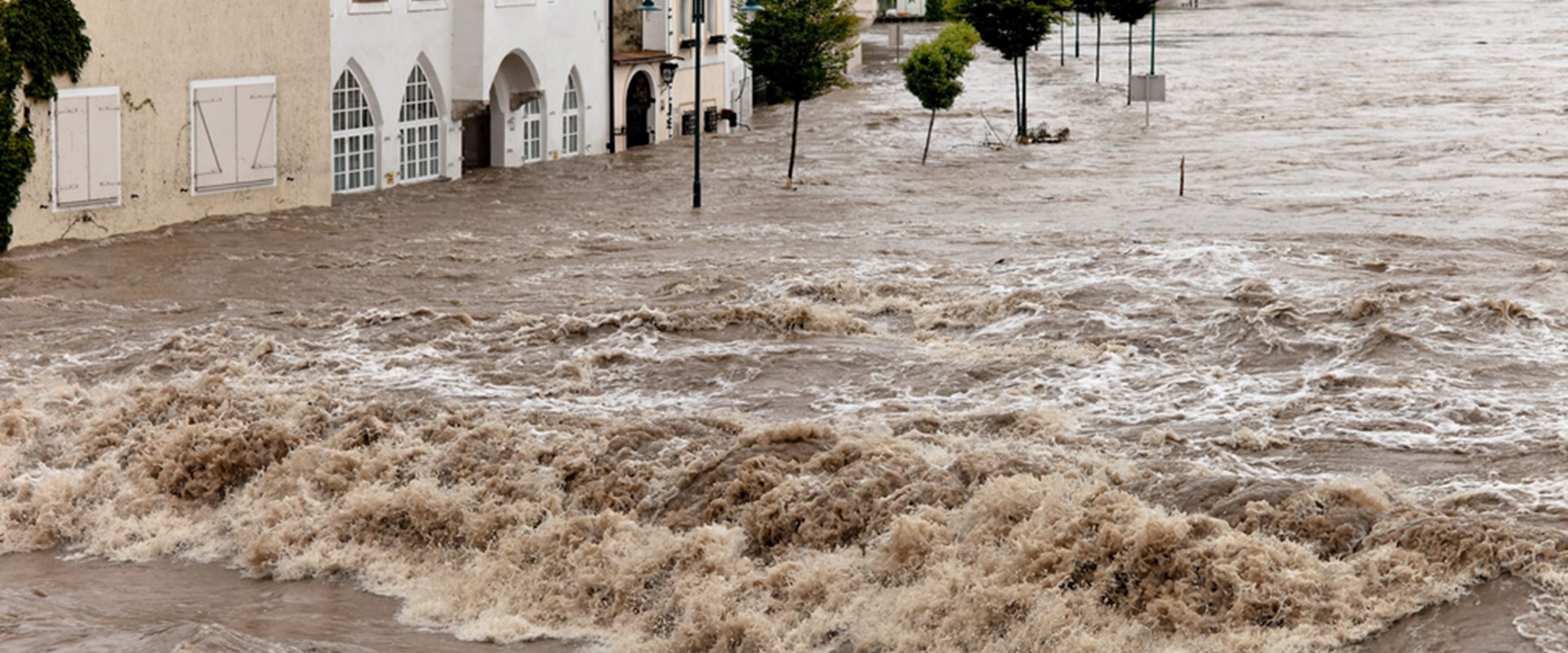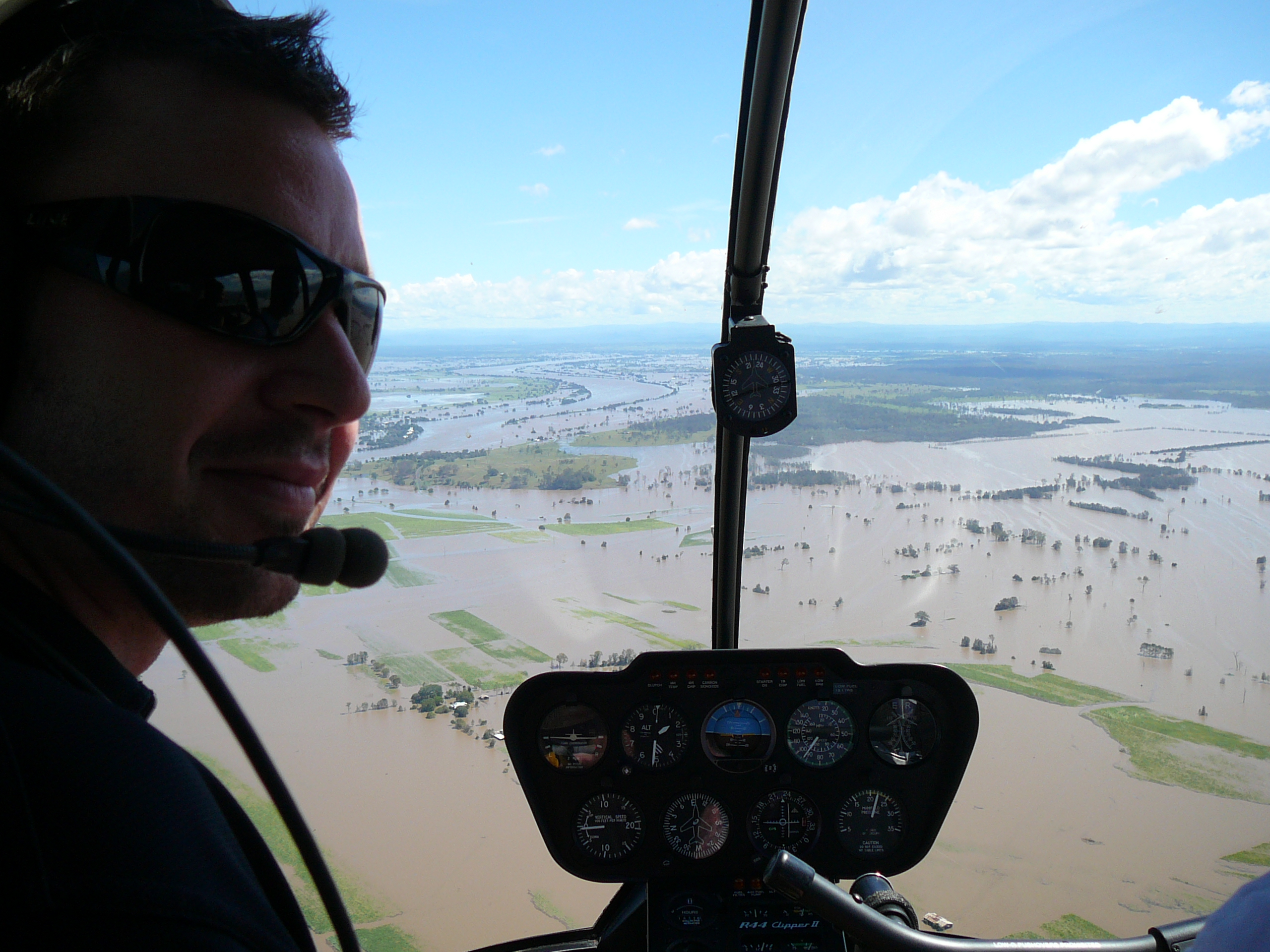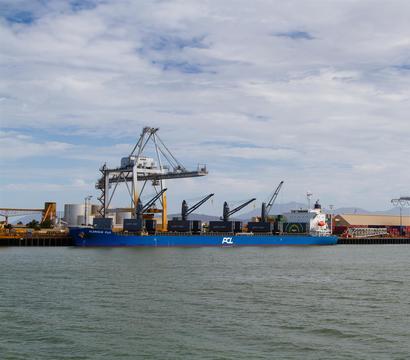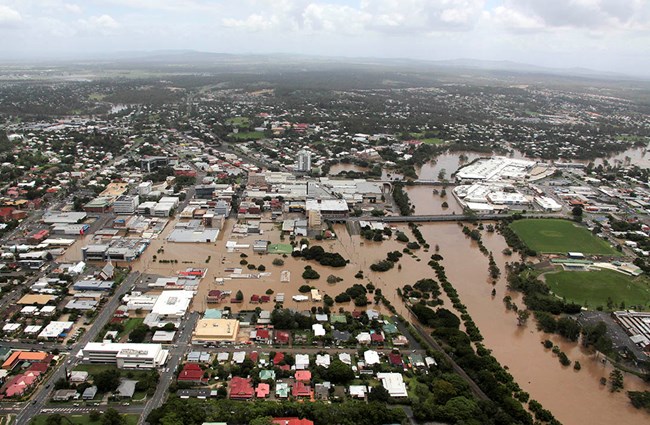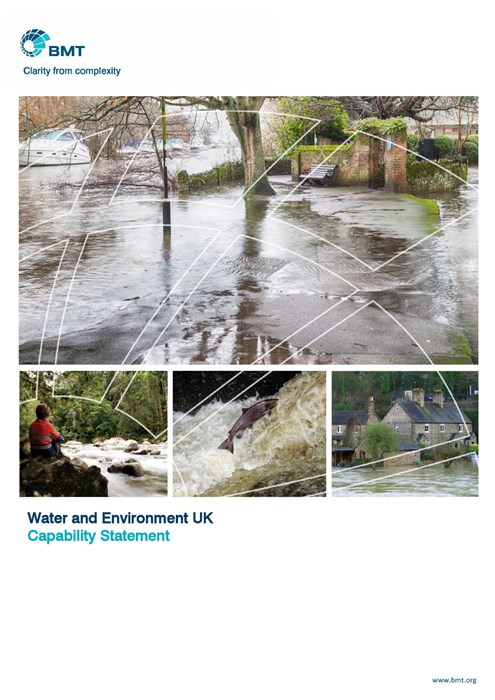Hydrology and Flood studies are often the first step towards understanding and managing flood behaviour, and our investigations can make sure that this crucial stage is not only insightful and comprehensive, but clearly communicated.
We have extensive experience in hydrologic and hydraulic studies, using a wide range of modelling software, including TUFLOW, our proprietary world-leading numerical model.

Our services
- 2D/1D and 2D flood modelling of rivers and creeks
- Rainfall-runoff (hydrological) modelling
- Flood impact assessment
- Flood mitigation
- Flood forecasting and intelligence
- Linear infrastructure flood assessment
- Flood guidelines, adaptation and planning
- Dam break analysis
- Flood data collection and interpretation Training and peer review
We apply best-practice approaches and often lead the development of industry best-practice methods. We provide actionable insight for developers, governments and communities.
